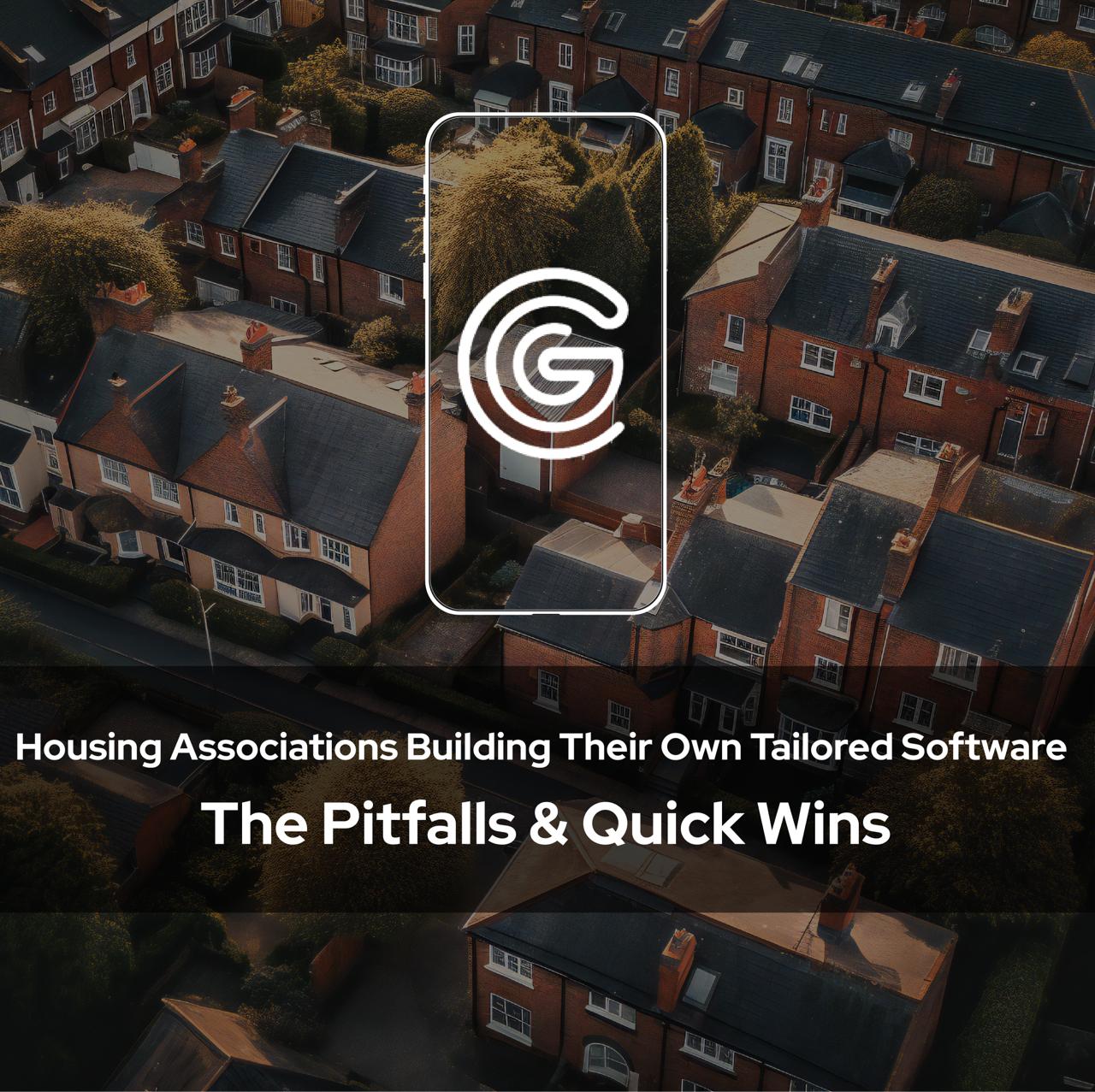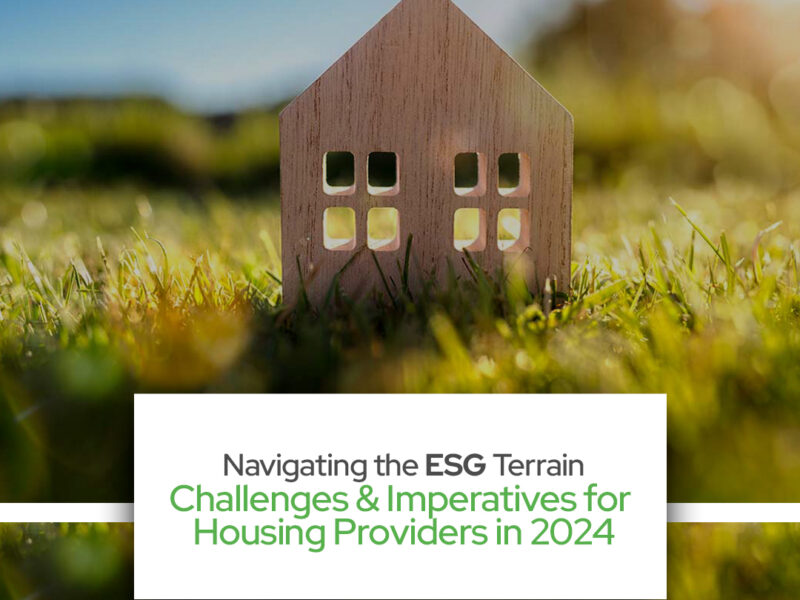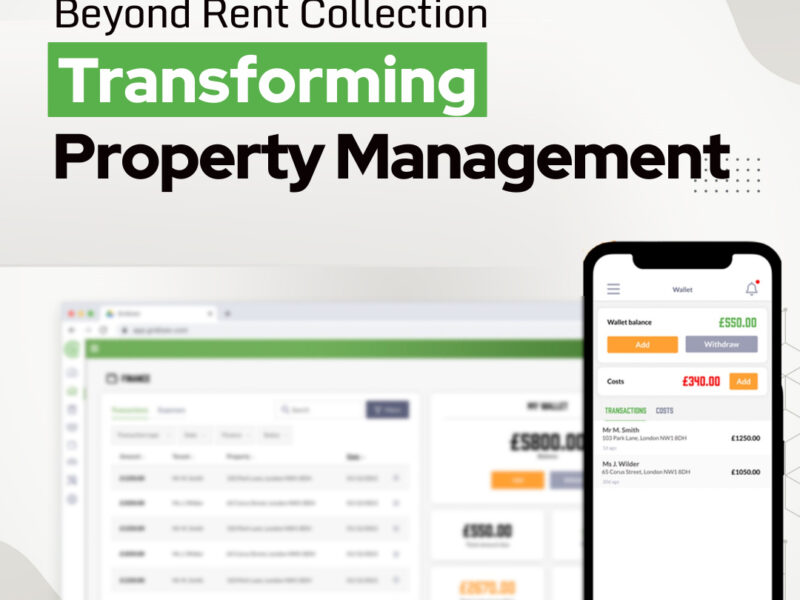
Housing Associations Building Their Own Tailored Software – The Pitfalls and Quick wins
In a world where housing associations in the UK are constantly seeking innovative ways to provide affordable housing solutions, some are choosing a path less travelled.
They are opting to build their own ERM (Enterprise Resource Management), ERP (Enterprise Resource Planning), CRM (Customer Relationship Management), and PMS (Property Management System) software solutions.
While this decision may seem promising initially, it’s essential to dive deeper into the reasons behind it and the potential challenges it presents.
Let’s start with the advantages of developing your own solution.
Why Building Custom Software Appears to be a Good Decision
- Tailored Solutions: Custom software will allow housing associations to design a solution that with their specific needs and objectives. This tailored approach should bring efficiency and effectiveness.
- Ownership and Control: Housing associations will have full ownership and control over the custom software, allowing for modifications, updates, and enhancements to keep pace with changing requirements.
- Data Security: Custom software provides greater control over data security and compliance, which is crucial when handling sensitive tenant and landlord information.
- Integration: Custom software can be integrated with existing systems and databases to streamline overall operations.
- Competitive Advantage: Developing proprietary software can give them a competitive edge by offering unique features and functionalities that are not available competitors solution.
Challenges of Building Custom Software
Now let’s look at some of the challenges in building your own custom in-house solution.
- Development Costs: First of all, custom software development can be expensive, and the initial investment may exceed expectations. Budget overruns can strain resources and delay the project.
- Time-Consuming: Building custom software is a time-intensive process. Housing associations might have to wait for months or even years before the software is fully operational.
- Maintenance and Updates: Ongoing maintenance and updates are required to keep the software current and secure. This can become a substantial overhead cost.
- Hiring & Skills Gap: Developing software in-house demands a team of skilled developers and IT professionals. Smaller organizations may struggle to find and retain the necessary talent.
- Risk of Failure: The complexity of custom development increases the risk of failure, especially if requirements are not well-defined or if the development team lacks experience.
Considering both pros and cons of developing your own in-house solution above, now let’s look at what does off-the-shelf solution bring to the table.
Comparing to Off-the-Shelf Solutions
- Immediate Implementation: Off-the-shelf solutions offer quick implementation, allowing housing associations to start benefiting from the software almost immediately.
- Lower Initial Costs: Commercial software often requires lower upfront investment compared to custom development, making it more accessible to smaller organizations.
- Continuous Support: Vendors typically provide ongoing support, updates, and troubleshooting, reducing the burden on housing association staff.
- Scalability: Commercial software can easily scale to accommodate the growing needs of housing associations.
Investment in Value-Enhancing Ventures
Consider an alternative scenario where the capital expenditure (capex) allocated for custom software development is invested in a value-enhancing venture:
- Diversification: Investing in other companies or projects can diversify the housing association’s portfolio, potentially yielding better returns and reducing risk.
- Focus on Core Competencies: Housing associations can concentrate on their primary mission of providing affordable housing, leaving software development to experts.
- Rapid ROI: Investment in a growing company or project can yield quicker returns compared to the delayed ROI of custom software.
- Mitigated Risk: Building custom software carries inherent risks. Investing in a venture diversifies the risk profile of the housing association.
The decision to build custom software for housing associations is a complex one. While we agree it offers tailored solutions, does it really provide competitive advantages, it also comes with substantial challenges and costs.
When compared with off-the-shelf solutions like Gridizen, the choice becomes easier. Gridizen offers a compelling blend of convenience and functionality, providing ready-made solutions that align with the needs of housing associations while minimizing implementation time and costs.
Housing associations must conscientiously evaluate these factors to chart a course that optimally balances customization, cost-effectiveness, and long-term sustainability. By embracing solutions like Gridizen, they can harness the power of technology to propel their mission forward while maximizing the utilization of resources.
Try Gridizen for Free*No Credit Card Required



